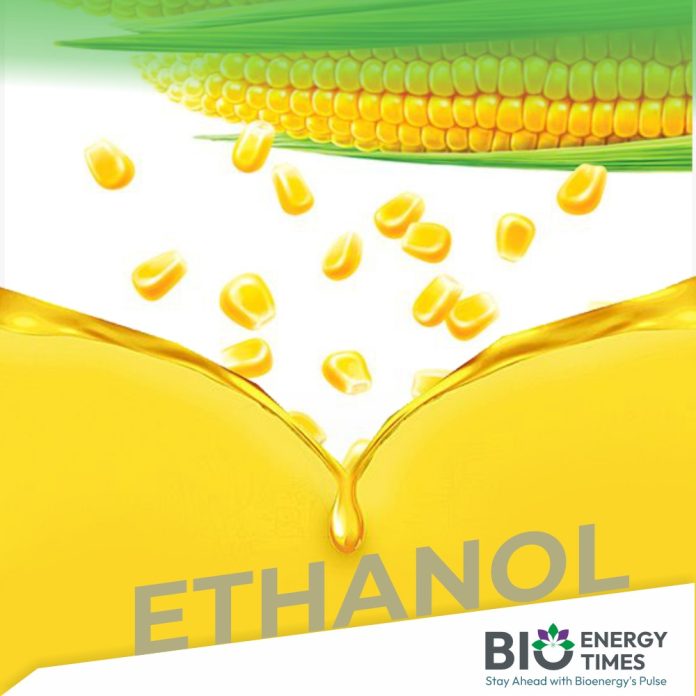Sao Paulo: The Potential Group has announced plans to invest R$2 billion in building a new corn ethanol plant in Lapa, Paraná, as part of its larger goal to create one of the world’s largest biofuel complexes. The announcement was made by company vice president Carlos Eduardo Hammerschmidt in an interview with Reuters, reports LNG.
The ethanol plant will use approximately 1.2 million tons of corn annually, about 6% of Paraná’s corn output. The state, Brazil’s second-largest corn producer, is on track to harvest a record 20 million tons in the 2024/25 season.
Construction of the ethanol plant is expected to begin in 2026, using the company’s own funds, and could be completed by the end of 2027.
The new facility will join an already expanding biodiesel plant and a soybean crushing facility currently under construction, scheduled for completion in the first half of 2026. The soybean unit will supply raw material to the biodiesel operation, which is being upgraded to increase capacity from 900 million to 1.62 billion liters per year. The soybean plant will have a crushing capacity of 1.2 million tons annually.
Looking ahead, the company also plans to build a sustainable aviation fuel (SAF) plant at the same site. However, Hammerschmidt said that due to limited global demand and the high cost—estimated between R$3 billion and R$4 billion—the SAF plant is not part of the immediate investment plans.
“The goal is to build the largest biofuels complex in the world,” said Hammerschmidt, whose family founded the company in the 1950s. Including the ethanol plant, Potential Group’s total investments since 2012 will reach around R$6 billion.
The company’s expansion aligns with Brazil’s increasing need for biofuels, especially after the government raised the required blend of anhydrous ethanol in gasoline to over 30% from August 1. Paraná currently imports ethanol from other states, highlighting the local demand.
Hammerschmidt emphasized the advantages of corn ethanol in boosting farmer income and supporting food and fuel integration. “Corn is a smart option. The second corn crop, once used mainly to cover soybean harvest costs, is now becoming a major income source,” he said.
In addition to ethanol, corn processing produces DDG (dried distillers grains), a high-protein byproduct used in livestock feed. “Biofuels have helped Brazil’s meat industry grow,” Hammerschmidt added, noting that soybean meal, also used for animal feed, is a key product of the group’s biodiesel operations.
As part of the broader project, Potential Group will also invest R$200 million in building two pipelines—one for ethanol and one for biodiesel—connecting Araucária to the Lapa industrial complex. These pipelines are expected to serve other cities as well.
“We will supply both biodiesel and ethanol directly to the fuel distribution bases,” Hammerschmidt said, adding that the site’s proximity to the Petrobras refinery in Paraná will be a further advantage.
The company’s long-term vision includes continuing to expand its presence in bioenergy, agriculture, and logistics as demand for renewable fuels grows globally.















